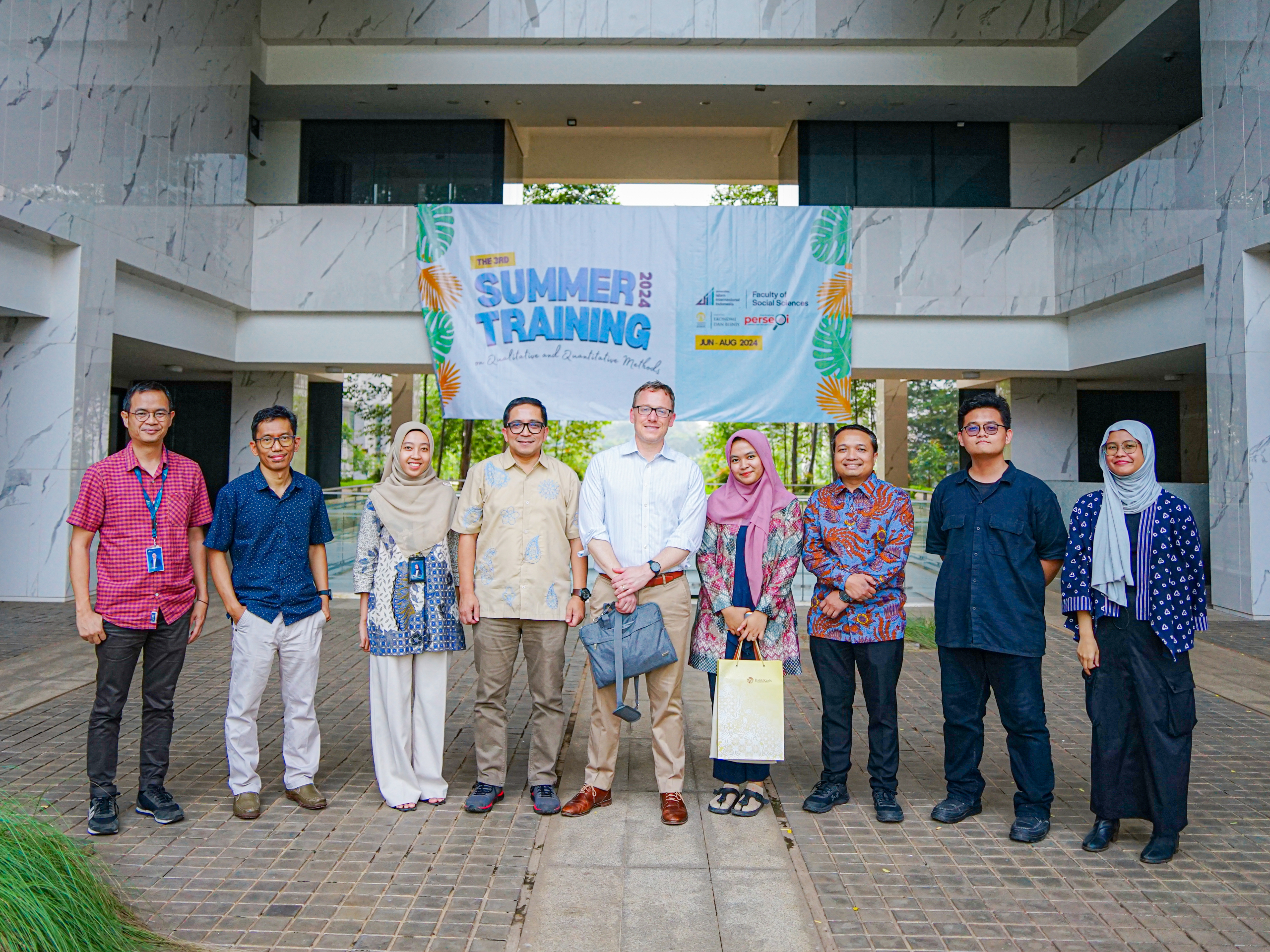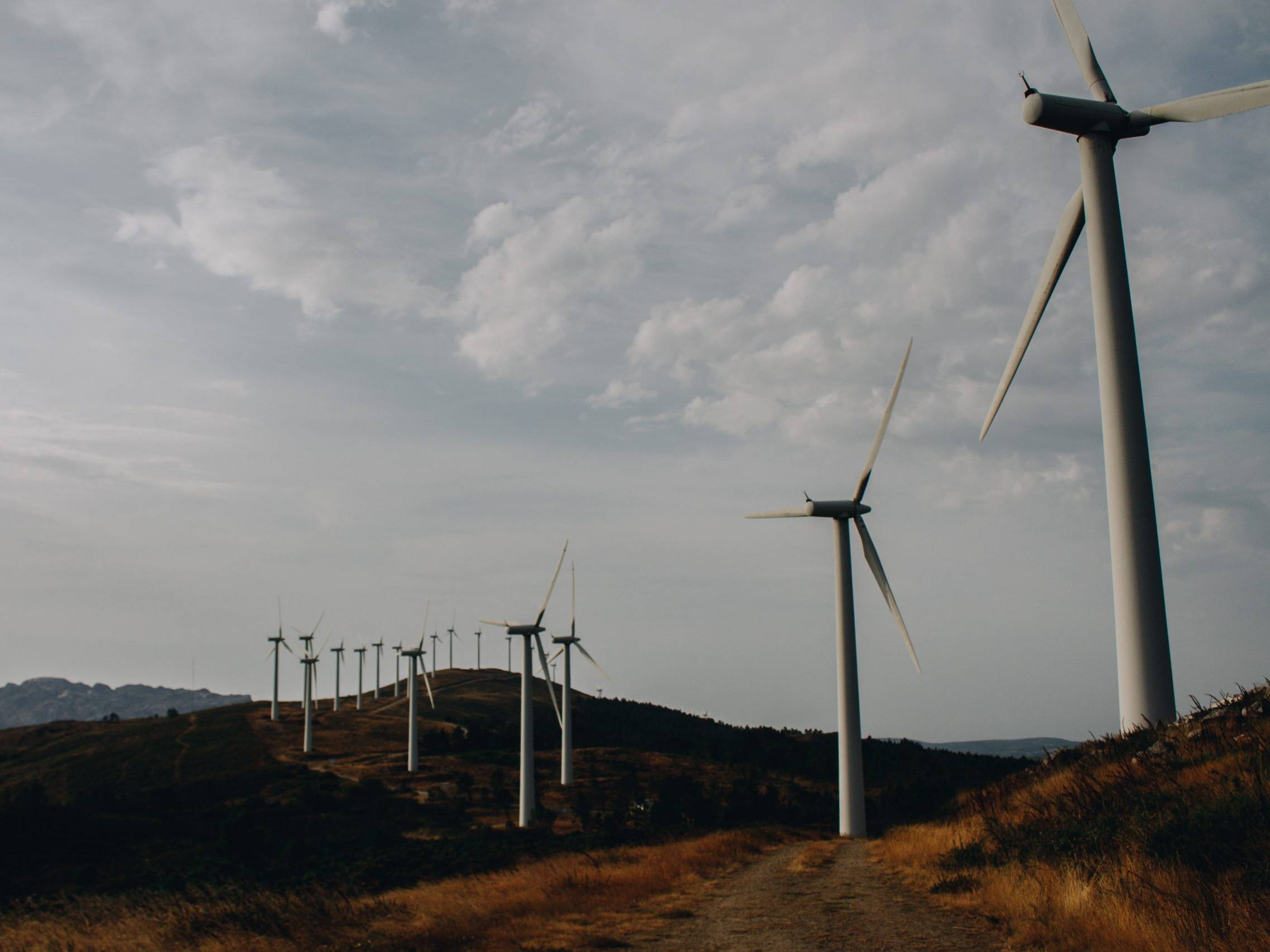Master in Public Policy focusing onClimate Change

About the Program
The Master in Public Policy (MPP) program focusing on Climate Change aims to cultivate the next generation of sustainability leaders. Students enrolled in this program will acquire essential research skills for analyzing information and will develop critical thinking abilities necessary for proposing and evaluating public policies to tackle pressing challenges of climate change. Its graduates will be familiar with the broad interdisciplinary debate on climate change and sustainable development, as well as the fundamental knowledge and skills needed for environmental research or practice at the international level. Furthermore, they will demonstrate proficiency in formulating policies and evidence-informed strategies to address climate change mitigation and adaptation in and for the Global South. Effective communication with relevant stakeholders and the public will be among their key competencies.
Program Significance
While the younger generation in the North is worried about their future due to climate change, the youth in the South are at the same time grappling with the daily realities of the climate crises. Privileged lifestyles in the Global North, such as Europe, North America, and East Asia nations produce a carbon footprint 100 times greater than that of the world’s poor nations combined. Therefore, it is very important to uncover global inequalities in times of climate change, search for their countermeasures, and craft public policies that reflect circumstances in the Global South. The search for effective countermeasures to address the climate change catastrophe is of utmost urgency for sustainable development. In this context, public policy programs that specifically concentrate on climate change from the perspective of the global south region have the potential to be a groundbreaking approach in preparing the next generation of policy makers.

Who Is It For
The MPP program focusing on Climate Change is suitable for students from a wide range of social science backgrounds who have a broad interest in a comprehensive approach to climate change and sustainable development issues.
The program is designed to prepare talents that can be well-positioned as leaders in firms engaged in environmental consulting, think tanks, government officers, NGO representatives, international civil servants or private sector specialists, and diplomats.
Learning Objectives
Upon degree completion, it is expected that:
Students will acquire an extensive set of analytical skills including statistical analysis, policy formulation and implementation analysis, and cost-benefit analysis that can be applied to develop innovative solutions to address climate change issues and policy problems as informed by the science of climate change and the context of Global South.
Students will gain a critical attitude in the exploration of the sustainability dimensions of policies in interdisciplinary ways and communicate with both specialist and non-specialist audiences.
Students will develop expertise to develop original policy recommendations on climate change with appropriate scientific methodologies in terms of analysis in the realms of social-economic, environmental, international, intercultural governance, and geopolitics relevant for the Global South.
Degree Requirement
Students will obtain the MPP degree focusing on Climate Change upon successful completion of 42 credits, including 36 credits for coursework and 6 credits for a final independent research project (capstone). All the requirements must be completed within two years (four semesters).
The Lecturers
Sonny Mumbunan
Sonny Mumbunan is the head of the MPP Program in Climate Change at UIII. He also coordinates the Center for Climate and Sustainable Finance at the University of Indonesia (CCSF UI). He holds a Ph.D. in Economics, University of Leipzig, Germany. He was lead economist at World Resources Institute (WRI) Indonesia and had served at Indonesia’s President Offices under both Joko Widodo and Susilo Bambang Yudhoyono (KSP and UKP4) as expert and policy advisor in green economy, sustainable development, and data governance. A former fellow at the Netherlands Institute for Advanced Study (NIAS) in the Humanities and Social Sciences, in Amsterdam, and the Helmholtz Center for Environmental Research (UFZ) in Germany, he has published in Nature Sustainability and Sustainable Development, among others. He can be contacted at sonny.mumbunan@uiii.ac.id.
Testriono
Testriono is a lecturer at the MPP program and Political Science department at UIII. He holds a Ph.D. in Political Science majoring in Comparative Politics and Public Administration from Northern Illinois University, USA. He was a 2017 Hybl Fellow at the International Foundation for Electoral Systems (IFES), in Virginia, USA. His research interests encompass a wide range of subjects including democratization, subnational politics, political geography, and political polarization. His writings have been published in, among others, Governance and Contemporary Southeast Asia. He can be contacted at testriono@uiii.ac.id.
Gde Dwitya
Gde Dwitya holds a joint appointment as a faculty member at the MPP program and as a research fellow at the Institute for Advanced Research (IFAR) at UIII. He holds a Ph.D. in Political Science from Northwestern University, USA. Prior to joining the MPP program, he has held various research fellowships including positions at Northwestern University’s Buffett Institute of Global Affairs in Chicago, The Asia Research Institute at NUS, as well as at BYU Law School where he served as a young scholar on law and religion. His research primarily focuses on the intricate power dynamics of policy making within the context of both democratic and authoritarian politics. He can be contacted at gde.dwitya@uiii.ac.id.
Michiel Schaeffer (adjunct professor)
Michiel Schaeffer is an adjunct professor at the MPP program at UIII. He holds a Ph.D. in Dynamic Meteorology, University of Utrecht, the Netherlands. He holds the position of Chief Scientist of Finres, an adaptation firm in Paris, and is Co-Founder & Lead Science Advisor of Climate Analytics, a think tank in Berlin. He is also the former Chief Scientist of the Global Center on Adaptation. In this role, he utilizes his high-level scientific skills to provide guidance and capacity-building to both developing and developed countries, as well as the international climate policy community. Michiel’s expertise lies in dynamic meteorology, with a specialization in the intricate interactions between the atmosphere, ocean, ecosystems, and society. His scientific publication record spans the full range of climate-related disciplines, from core climate science to impact, adaptation, and mitigation. He also has published numerous peer-reviewed publications in various prestigious outlets such as Nature, Science, Nature Climate Change, PNAS, GRL, Global Biogeochemical Cycles, Climatic Change, Journal of Climatology, Climate Dynamics, and Regional Environmental Change. He can be contacted at michiel.schaeffer@uiii.ac.id.
Colas Chervier (Visiting lecturer)
Colas Chervier is a visiting lecturer at the MPP program at UIII. He holds a Ph.D. in Environmental Economics, University of Montpellier, France. He is currently a research scientist at the French Agricultural Research Center for International Development (CIRAD) in Montpellier, France, and seconded to the Climate Change, Energy and Low Carbon Development team at the Center for International Forestry Research (CIFOR) in Indonesia. Working on impact evaluation of policy interventions for forest sustainable development, restoration, and conservation at CIRAD/CIFOR, he has training in tropical agronomy, agricultural development, plant science, and development economics. He was a former researcher at the French National Research Institute of Science and Technology for Environment and Agriculture (IRSTEA) in Clermont-Ferrand, France. His works were published in Ecological Economics, World Development, Journal of Environmental Planning and Management, Society and Natural Resources, and Land Use Policy. He can be contacted at colas.chervier@cirad.fr.
Puspa D. Amri (visiting lecturer)
Puspa Amri is a visiting lecturer at the MPP program at UIII. She holds a Ph.D. in Economics and Political Science, Claremont Graduate University, USA. She is currently an Associate Professor of Economics at Sonoma State University, USA. She also assumes position as a researcher at various prestigious research institutions such as Claremont Institute for Economic Policy Studies, USA, and Center for Strategic and International Studies (CSIS), Indonesia. Her research interest covers a wide range of areas, including international finance, macroeconomics and monetary policy, political economy, and the Indonesian economy. Her writings have been published in, among others, Economics & Politics, European Law Journal, Open Economies Review, International Interactions and Journal of Financial Economic Policy. She can be contacted at puspa.amri@sonoma.edu.
Kurnya Roesad (visiting lecturer)
Kurnya Roesad is a visiting lecturer at the MPP program at UIII. He holds a Ph.D. in Environment and Resource Management Program, Australian National University, Australia. He is also currently a senior officer with the Indonesia Program of the Global Green Growth Institute (GGGI). He has worked on economic development and environmental issues in Indonesia for over 20 years, managing research collaboration and technical assistance between international and Indonesian organizations. His main area of work with GGGI is on the application of green growth concepts and extended cost benefits analysis (ECBA) in economic policy and investment feasibility analysis, green special economic zones, and carbon pricing policies. His writings have been published in, among others, Bulletin of Indonesian Economic Studies (BIES) and Contemporary Asia. He can be contacted at kurnya.roesad@gmail.com.
Priza Marendraputra (visiting lecturer)
Priza Marendraputra is a visiting lecturer at the MPP program at UIII. He holds a Ph.D. in Environment and Resources, University of Wisconsin-Madison, USA. He is currently a research fellow at the Asia Research Institute, National University of Singapore. His current research focuses on studying “Capitals of the Future: Place, Power, and Possibility in South East Asia.” His doctoral research delves into the intricate relationships between humans and the environment, aiming to gain comprehensive insights into the nature and dynamics of urban development throughout history. He has extensive knowledge and proficiency in the fields of political ecology, geospatial analysis, as well as various subjects related to urban planning. He can be contacted at marendraputr@wisc.edu.
95